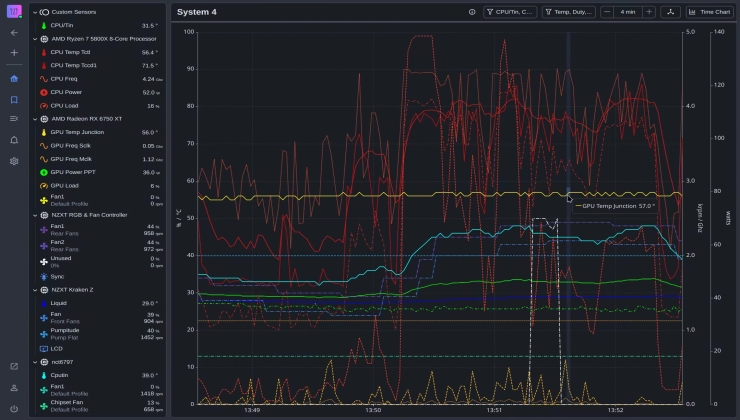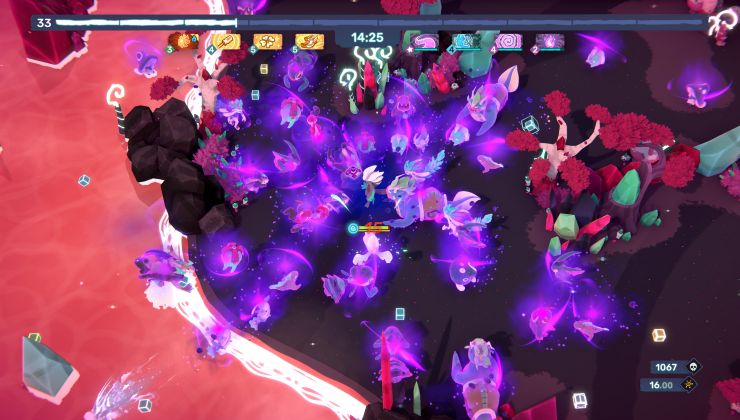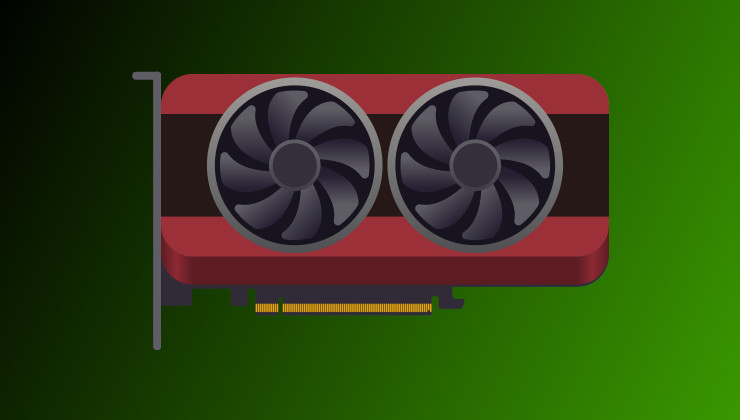Okay so thanks to the developers behind serious Sam we now know what games will be on the Steam for Linux Beta which are (Source: facebook post):
[LIST=1]
Update: Oil Rush may be in it as well after i contacted them to ask about it here.
Also at the UDS (Ubuntu Developer Summit) the Valve guy Drew Bliss thinks that Linux is now more viable for gaming than Windows 8!
Looks like Windows 8 will be quite the dive-bomb I have been hoping for but who knows will Microsoft do a U-Turn and open up again a bit more...i doubt it, they want more revenue and their own store is the way to really do it these days.
Will be able to do it a proper write up once all the information comes out of the UDS.
[LIST=1]
- Serious Sam 3: BFE
- Portal
- Team Fortress 2
Update: Oil Rush may be in it as well after i contacted them to ask about it here.
Also at the UDS (Ubuntu Developer Summit) the Valve guy Drew Bliss thinks that Linux is now more viable for gaming than Windows 8!
Looks like Windows 8 will be quite the dive-bomb I have been hoping for but who knows will Microsoft do a U-Turn and open up again a bit more...i doubt it, they want more revenue and their own store is the way to really do it these days.
Will be able to do it a proper write up once all the information comes out of the UDS.
Some you may have missed, popular articles from the last month:
All posts need to follow our rules. For users logged in: please hit the Report Flag icon on any post that breaks the rules or contains illegal / harmful content. Guest readers can email us for any issues.





 How to set, change and reset your SteamOS / Steam Deck desktop sudo password
How to set, change and reset your SteamOS / Steam Deck desktop sudo password How to set up Decky Loader on Steam Deck / SteamOS for easy plugins
How to set up Decky Loader on Steam Deck / SteamOS for easy plugins
See more from me